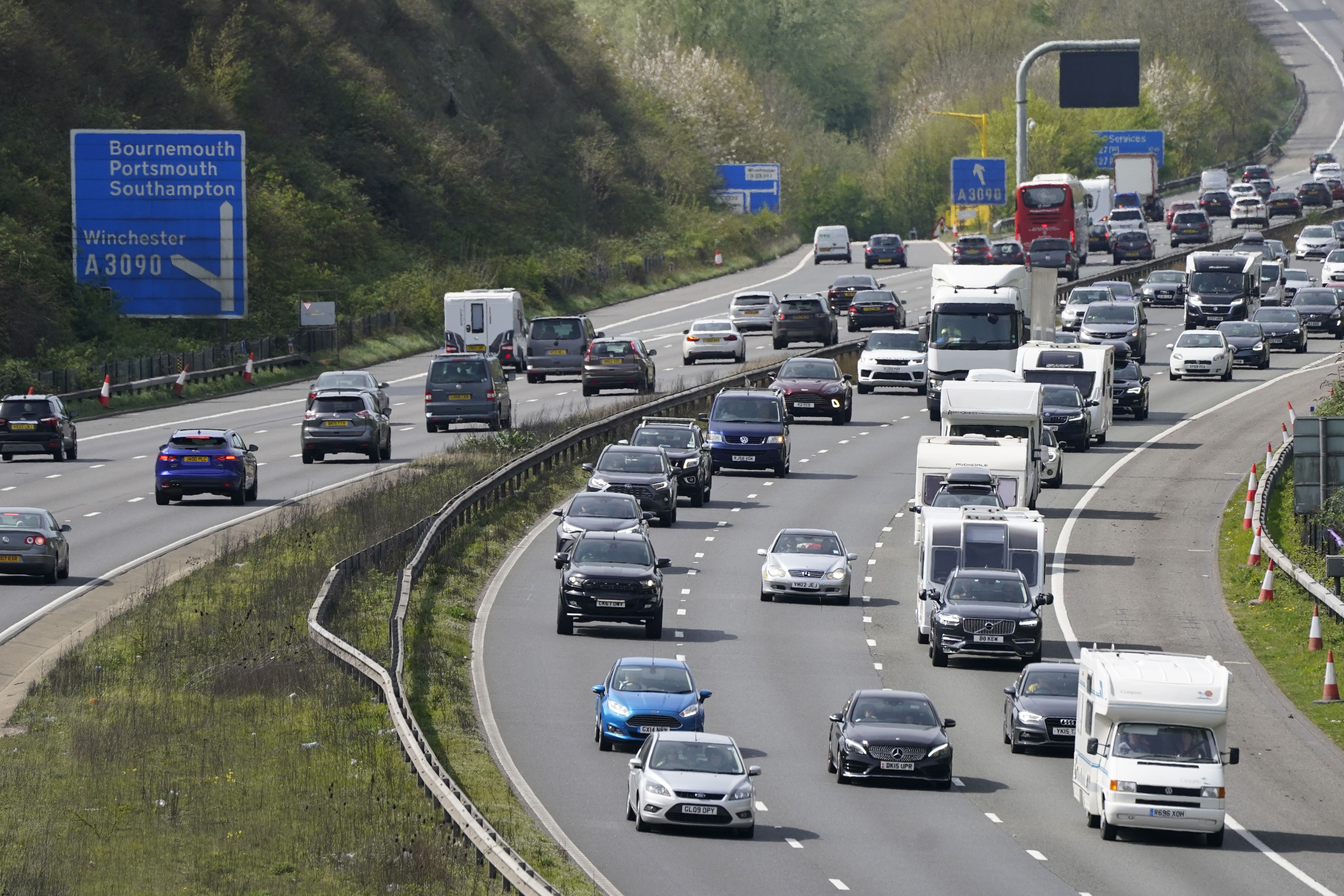Drivers warned not to pick up phones during emergency alert test
The AA said motorists may prefer to switch off their electronic devices before Sunday’s test.

Your support helps us to tell the story
From reproductive rights to climate change to Big Tech, The Independent is on the ground when the story is developing. Whether it's investigating the financials of Elon Musk's pro-Trump PAC or producing our latest documentary, 'The A Word', which shines a light on the American women fighting for reproductive rights, we know how important it is to parse out the facts from the messaging.
At such a critical moment in US history, we need reporters on the ground. Your donation allows us to keep sending journalists to speak to both sides of the story.
The Independent is trusted by Americans across the entire political spectrum. And unlike many other quality news outlets, we choose not to lock Americans out of our reporting and analysis with paywalls. We believe quality journalism should be available to everyone, paid for by those who can afford it.
Your support makes all the difference.Drivers are being warned that it will be illegal to pick up their mobiles during the first test of the Government’s new emergency alert service.
The AA said motorists may prefer to switch off their electronic devices before Sunday’s test as laws banning the use of handheld phones will still apply.
For around 10 seconds from 3pm, millions of smartphones and tablets across the UK will emit a loud alarm and vibrate in a trial of a system that aims to warn the public if there is a danger to life nearby.
They will also display a message about what is happening.
For drivers in particular, awareness of the test is vital to avoid any panic when it sounds
Drivers caught holding a phone behind the wheel face six penalty points and a £200 fine.
AA campaigns manager Lorna Lee said the test is “very welcome” as the system “could be very useful in certain situations”.
But she added: “The test does bring certain risks though, which need to be managed.
“For drivers in particular, awareness of the test is vital to avoid any panic when it sounds.
“If you are driving when the alert sounds, you must not touch your phone to stop the alert as the normal driving laws still apply.
“Instead, wait for a safe place to pull over – not the hard shoulder nor emergency area – acknowledge the alert and continue your journey.
“Some drivers may prefer to switch their phone off in advance if they know they will be driving during the alert test.”
It’s worth drivers being aware that the alert will interrupt any hands-free calls they may be making, as well as take over the car screen for anyone using their phone as a satnav
RAC spokesman Rod Dennis said: “We don’t envisage any panic among drivers with this test as the plans have been pretty well publicised and the phone tone will only sound for a short time.
“However, it’s worth drivers being aware that the alert will interrupt any hands-free calls they may be making, as well as take over the car screen for anyone using their phone as a satnav or for playing music or podcasts.”
The system is modelled on similar schemes in the US, Canada, the Netherlands and Japan.
The UK’s alerts will initially be used to warn people about severe weather situations including floods and wildfires in their local area.
The Government said on Monday that the system could later be used for other forms of emergencies such as terror attacks, nuclear threats and dangerous criminals on the loose.